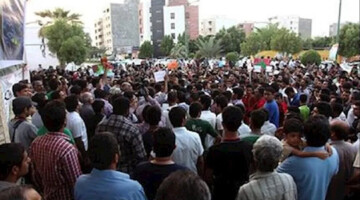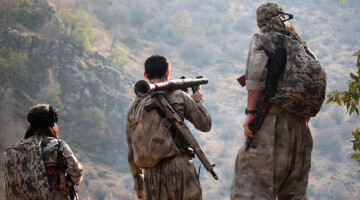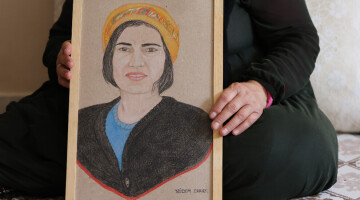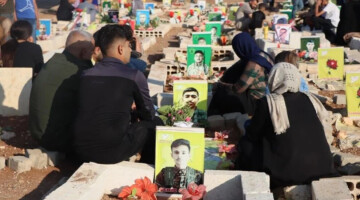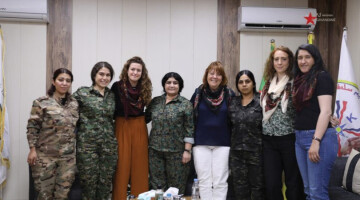Speaking in Geneva after a joint UN and NGO Emergency Directors assessment mission to the Middle East from 25 November to 1 December, the UN World Food Programme (WFP’s) Samer AbdelJaber described Syria’s new unfolding emergency as “a crisis on top of another” – a reference to the country’s civil war that began in 2011, sparked by a civil uprising against the Government.
AbdelJaber, who heads WFP’s Emergency Coordination, Strategic Analysis and Humanitarian Diplomacy arm, warned that around 1.5 million people are likely to be displaced by this latest escalation “and will be requiring our support. Of course, the humanitarian partners are working on both sides of the front lines. We're trying to reach the communities wherever their needs are.”
The WFP official noted that the sudden escalation had not shut down three humanitarian border crossings with Turkey and that aid continues to flow into Aleppo, Syria’s second city.
The UN agency “has opened and supported two community kitchens that are providing hot meals in both Aleppo as well as in Hama,” he said, adding that “the aid partners are on the ground and doing everything they can to basically provide assistance to the people”.
Millions of Syrians are already in crisis because of the war which has destroyed the economy and people’s livelihoods, threatening their survival. “It’s at a breaking point at the moment in Syria, after 13 or 14 years of a conflict, over three million Syrians are severely food insecure and cannot afford enough food,” AbdelJaber said, adding that a total of 12.9 million people in Syria needed food assistance before the latest crisis.
Despite the clear need for more support, international funding for Syria’s $4.1 billion humanitarian response plan “faces its largest shortfall ever”, the WFP official warned, with less than one-third needed for 2024 received to date.

